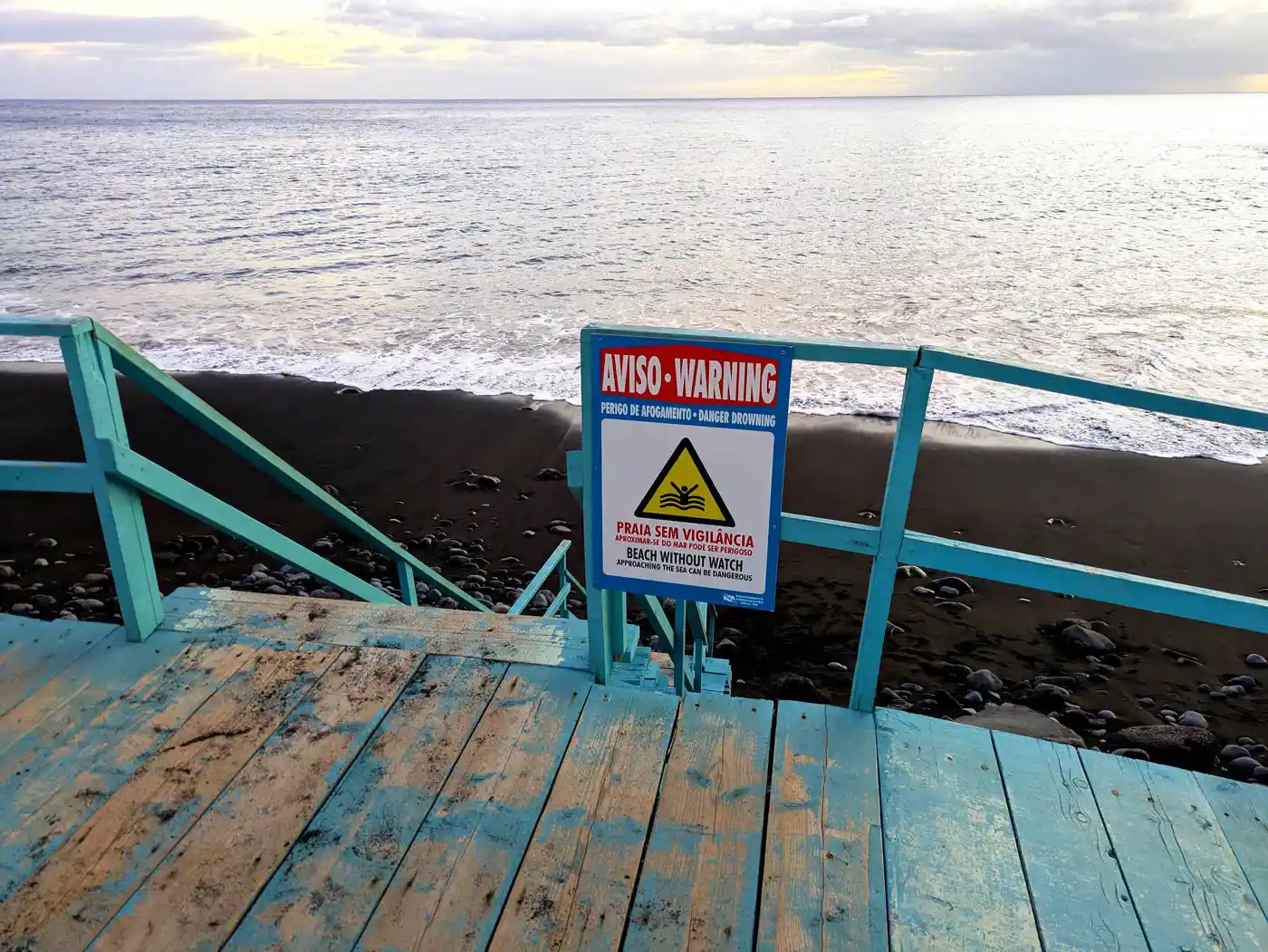Unprecedented Drop in Sea Surface Temperatures
The Atlantic Ocean, known for its record-high temperatures over the past year, is now experiencing rapid and unexpected cooling. According to recent data from the National Oceanic and Atmospheric Administration (NOAA), the sea surface temperatures have plummeted at an unusually swift pace since May, creating a significant anomaly.
From Record Warmth to Sudden Chill
Over the past 18 months, the Atlantic has been setting new temperature records, driven by a particularly intense El Niño event and the broader impacts of climate change. By June 2024, the ocean’s surface was 1 to 3 degrees Celsius above average, with some areas reaching temperatures up to 5 degrees Celsius warmer than normal. However, NOAA reports a sudden shift, with temperatures now running about 0.5 to 1.5 degrees Celsius below the seasonal norm.
El Niño to La Niña: Transitioning Climate Patterns
This abrupt cooling might signal a transition from El Niño to its counterpart, La Niña. El Niño, which warms the ocean surface, appears to be fading, potentially making way for La Niña, a system known for bringing cooler waters to the surface. The change in patterns is expected to occur between September and November, though predicting the exact timing and impact remains complex.
Environmental and Economic Implications
The recent heat wave in the Atlantic had severe environmental consequences, including widespread coral bleaching that heavily affected tropical reefs. Coral bleaching diminishes biodiversity and reduces the reefs’ ability to protect coastlines from storms and flooding. Additionally, shifts between El Niño and La Niña can have broader economic impacts, influencing global GDP and increasing the prevalence of diseases carried by mosquitoes and other vectors.
We’ve gone through the list of possible mechanisms, and nothing checks the box so far.
Frans Philip Tuchen, a postdoctoral researcher at the University of Miami, quoted by New Scientist
Uncertainty Surrounds Future Climate Patterns
Scientists are struggling to understand the rapid temperature drop, with no definitive explanations emerging. “We’ve gone through the list of possible mechanisms, and nothing checks the box so far,” said Frans Philip Tuchen, a postdoctoral researcher at the University of Miami. The ongoing investigation aims to clarify how these shifts in ocean temperature could impact global climate patterns and regional weather conditions in the coming months.
Impact of Atlantic Ocean’s Sudden Temperature Drop on Madeira
Madeira’s climate is heavily influenced by the Atlantic Ocean’s temperature and circulation patterns. Its geographical position in the North Atlantic makes it particularly sensitive to changes in oceanic conditions. Changes in the Atlantic, such as rapid cooling or warming, can directly impact Madeira’s weather, including temperature, precipitation, and storm activity. Furthermore, recent wildfires have compromised Madeira's lush forests' ability to store water, making the island increasingly reliant on substantial rainfall that may now be even less predictable.






Comments